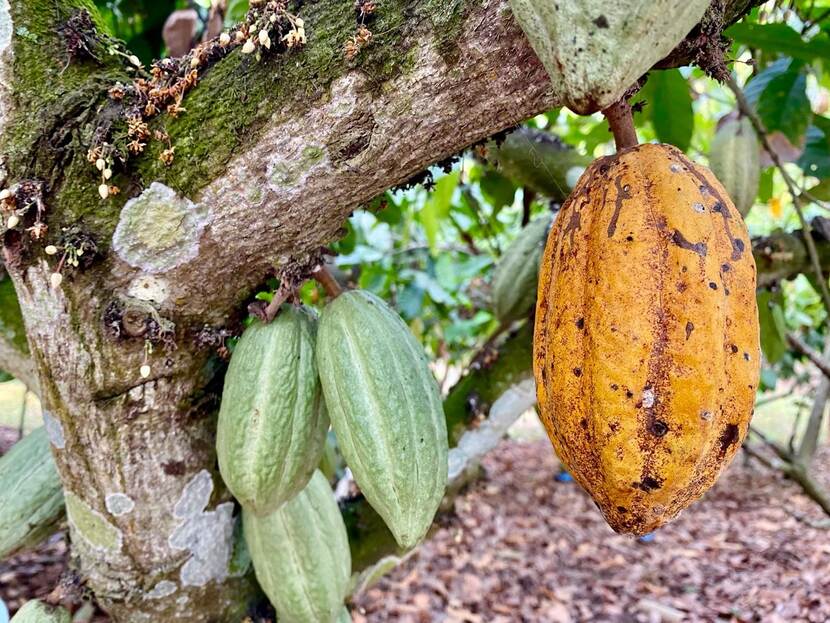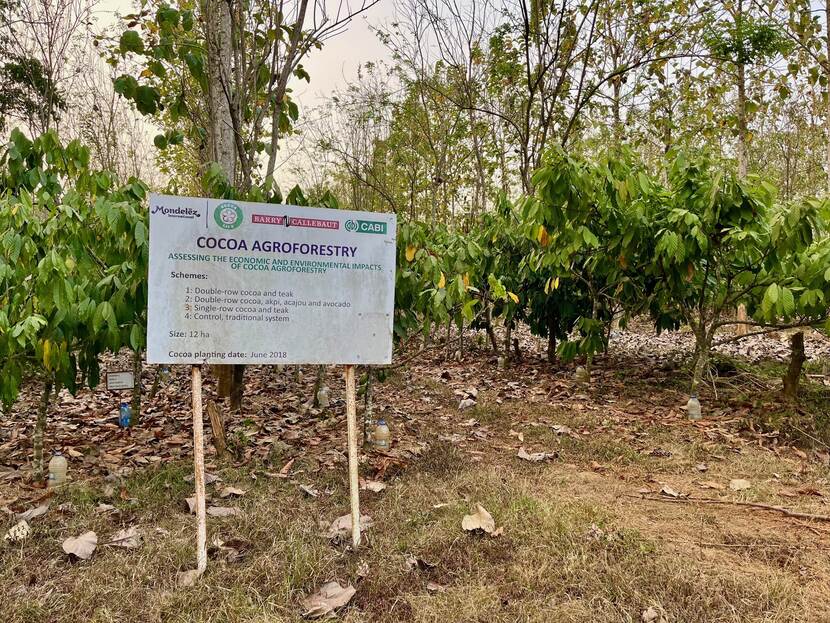Tracing the roots of Côte d'Ivoire's cacao
Côte d'Ivoire, the world's leading cacao producer, is actively working to enhance its cacao supply chain by prioritizing transparency and traceability. This initiative aligns with the growing awareness among global consumers regarding the origins and ethical practices of the products they choose.

Navigating complexity
The cacao sector in Côte d'Ivoire has historically faced challenges due to a complex web involving smallholder farmers, middlemen, and exporters. This intricate network has made it difficult to trace cacao beans from their source to processing facilities, leading to issues like deforestation and unequal profit distribution
Adopting digital innovations
To tackle these challenges, the Ivorian government, in partnership with international organizations and the private sector, is rolling out a comprehensive traceability system. Utilizing digital technologies such as mobile apps and blockchain, this system meticulously tracks and verifies key data points throughout the cacao supply chain. A recent census mapped around 1 million cacao farmers across over 2.3 million hectares, addressing new EU deforestation regulations.
Every step of the cacao journey—from harvesting to processing—is documented, creating a transparent and auditable record. This digital trail allows stakeholders to make informed decisions, promote ethical practices, and enhance the quality and sustainability of Ivorian cacao
Supporting smallholder farmers
Côte d'Ivoire is also focused on empowering smallholder farmers, who produce the majority of the country’s cacao. Through training, access to finance, and direct buyer connections, these farmers are better positioned to engage in traceability efforts and benefit from a fairer supply chain.
Kouassi Yao, a leader of a cacao cooperative, notes, “Traceability has not only improved the quality and sustainability of our cacao, but it has also helped us better understand and address the challenges facing our farmers.”
Building a sustainable future
While progress has been made, Côte d'Ivoire's journey towards a fully transparent and traceable cacao sector continues. Ongoing investment in digital infrastructure and strengthened collaboration between the government, private sector, and civil society will be essential to overcoming remaining challenges and affirming the country's leadership in sustainable and ethical cacao production.
A unified traceability system is being developed through a pilot project, aiming to address issues of indirect sourcing by comprehensively capturing farmer data. Once fully operational, this national traceability system will meet the requirements of the European Union’s Deforestation Regulation (EUDR), providing necessary geolocation and traceability information.
In addition, the implementation of the African Regional Standard on Sustainable Cocoa (ARS-1000) will reinforce cooperatives and integrate middlemen into the cooperative value chain. As of January 2024, 705,000 out of 1,040,000 farmers have received their identification cards, with 850,000 produced. The pilot phase is ongoing, with plans for the system to be fully operational by the end of 2024.
For more inquiries please sent an email to: LVVN@minbuza.nl
Author: Jean-Yves Couloud, Gina Ackah
